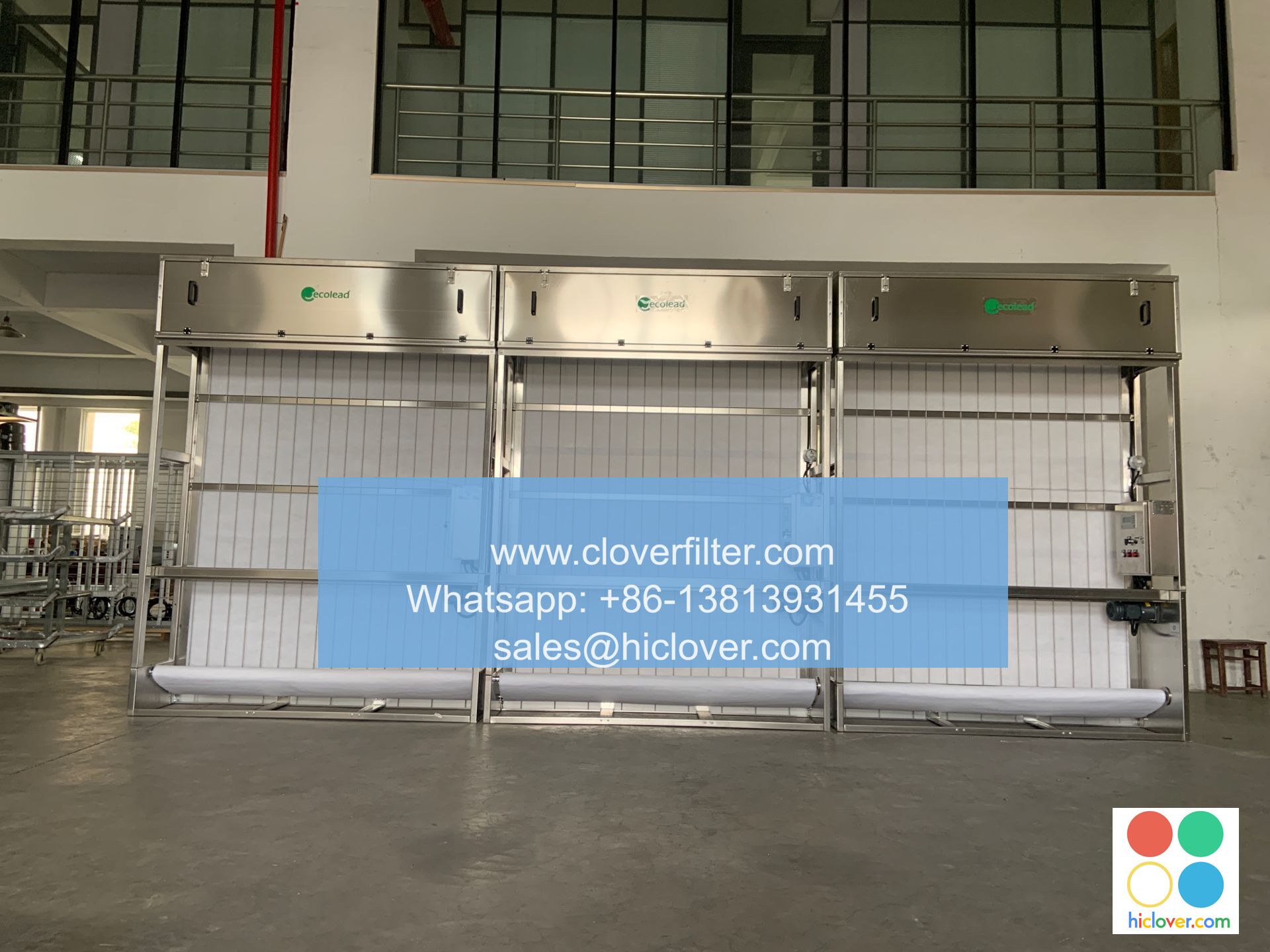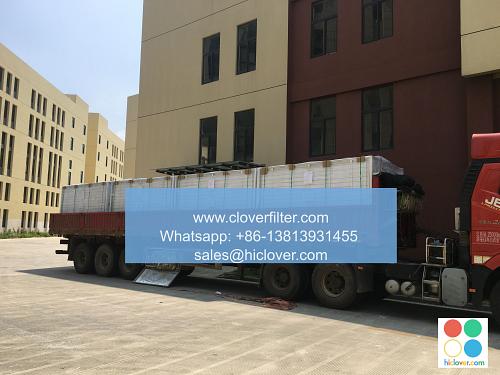The Science Behind Air Filter Calculators: How They Work

Air filter calculators are essential tools used to determine the required air filter size, type, and efficiency for various applications, including heating, ventilation, and air conditioning (HVAC) systems, industrial air purification systems, and residential air cleaning systems. These calculators use complex algorithms and scientific formulas to calculate the optimal air filter solution based on factors such as airflow rates, filter efficiency, and pollutant concentrations. In this article, we will delve into the science behind air filter calculators, exploring how they work and their various application areas.
Understanding the Basics of Air Filter Calculators
Air filter calculators are designed to calculate the required air filter size, type, and efficiency based on the specific application and requirements. These calculators take into account various factors, including:
* Airflow rates: The amount of air that needs to be filtered, typically measured in cubic feet per minute (CFM) or liters per second (L/s).
* Filter efficiency: The ability of the air filter to capture pollutants, typically measured in terms of minimum efficiency reporting value (MERV) or high-efficiency particulate air (HEPA).
* Pollutant concentrations: The amount of pollutants present in the air, including particulate matter (PM), gases, and vapors.
Key Components of Air Filter Calculators
Air filter calculators typically consist of several key components, including:
* Air filter selection software: This software uses complex algorithms to select the optimal air filter based on the input parameters.
* Filter database: A comprehensive database of air filters, including their specifications, efficiency, and performance characteristics.
* Calculation engine: This engine performs the complex calculations required to determine the optimal air filter solution.
Application Areas of Air Filter Calculators
Air filter calculators have a wide range of application areas, including:
* HVAC systems: Air filter calculators are used to design and optimize HVAC systems, ensuring that they provide optimal indoor air quality (IAQ) while minimizing energy consumption.
* Industrial air purification systems: Air filter calculators are used to design and optimize industrial air purification systems, including cleanrooms, laboratories, and manufacturing facilities.
* Residential air cleaning systems: Air filter calculators are used to design and optimize residential air cleaning systems, including portable air purifiers and whole-house air cleaning systems.
* Aerospace and automotive applications: Air filter calculators are used to design and optimize air filtration systems for aerospace and automotive applications, including aircraft cabins and vehicle interiors.
Benefits of Using Air Filter Calculators
Using air filter calculators offers several benefits, including:
* Improved indoor air quality (IAQ): Air filter calculators help ensure that the air filter selected is capable of capturing pollutants and improving IAQ.
* Energy efficiency: Air filter calculators help optimize air filter selection, reducing energy consumption and costs.
* Cost savings: Air filter calculators help reduce costs by selecting the most efficient and effective air filter solution.
* Increased system performance: Air filter calculators help optimize system performance, ensuring that the air filter selected is compatible with the system and operates efficiently.
In conclusion, air filter calculators are powerful tools used to determine the required air filter size, type, and efficiency for various applications. By understanding the science behind air filter calculators and their various application areas, users can optimize their air filtration systems, improving indoor air quality (IAQ), reducing energy consumption, and increasing system performance. Whether used in HVAC systems, industrial air purification systems, or residential air cleaning systems, air filter calculators are essential tools for designing and optimizing effective air filtration solutions. You haven’t asked a question or provided any context. What would you like to talk about?

